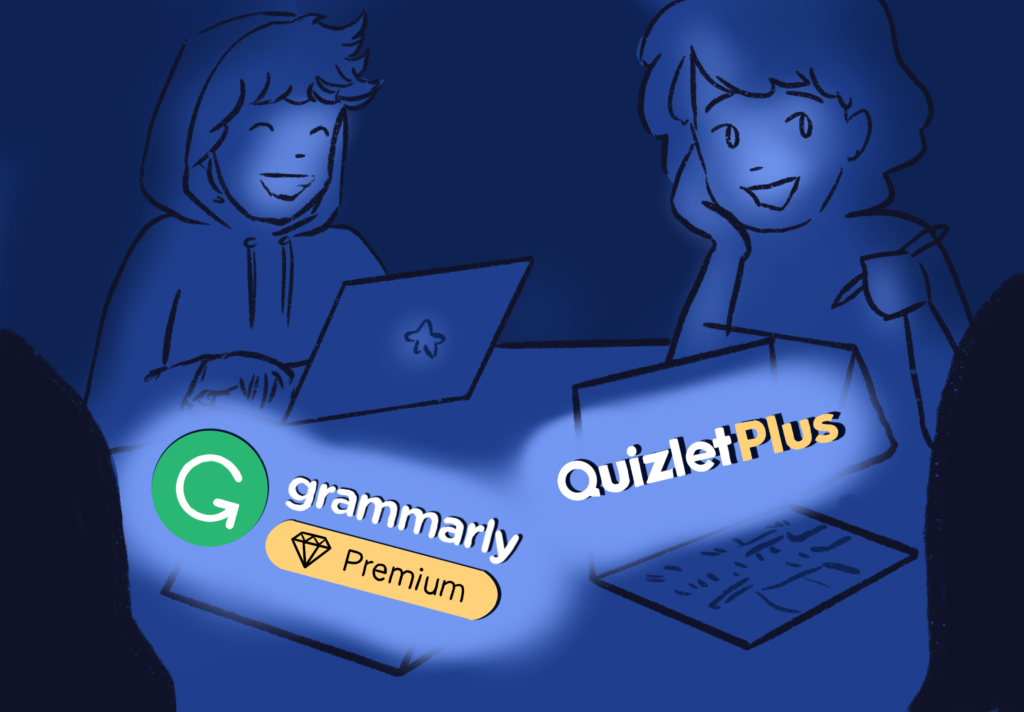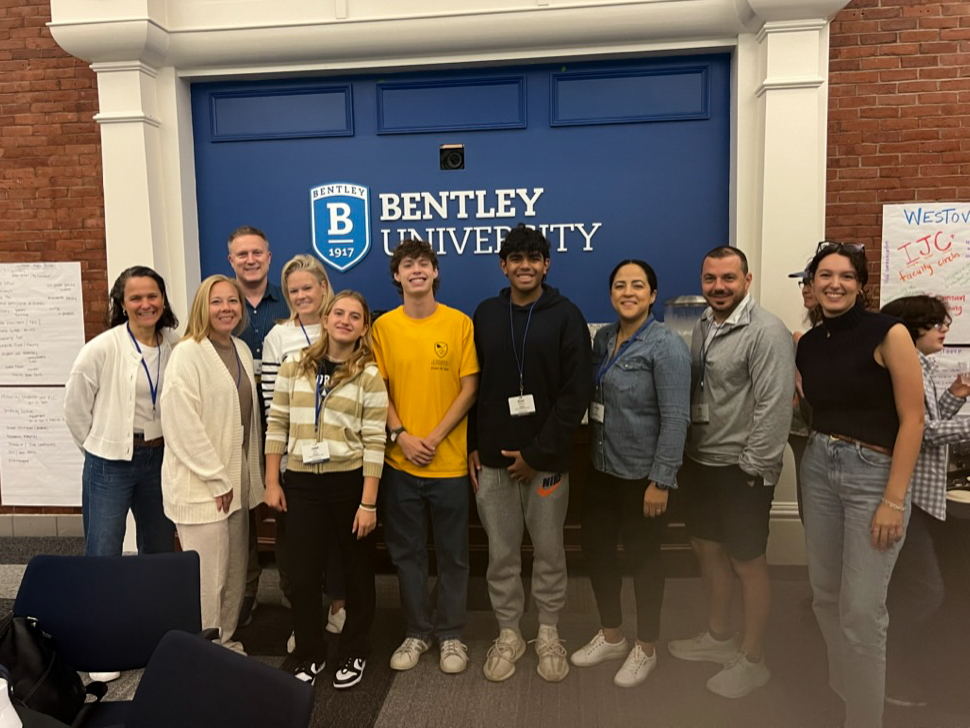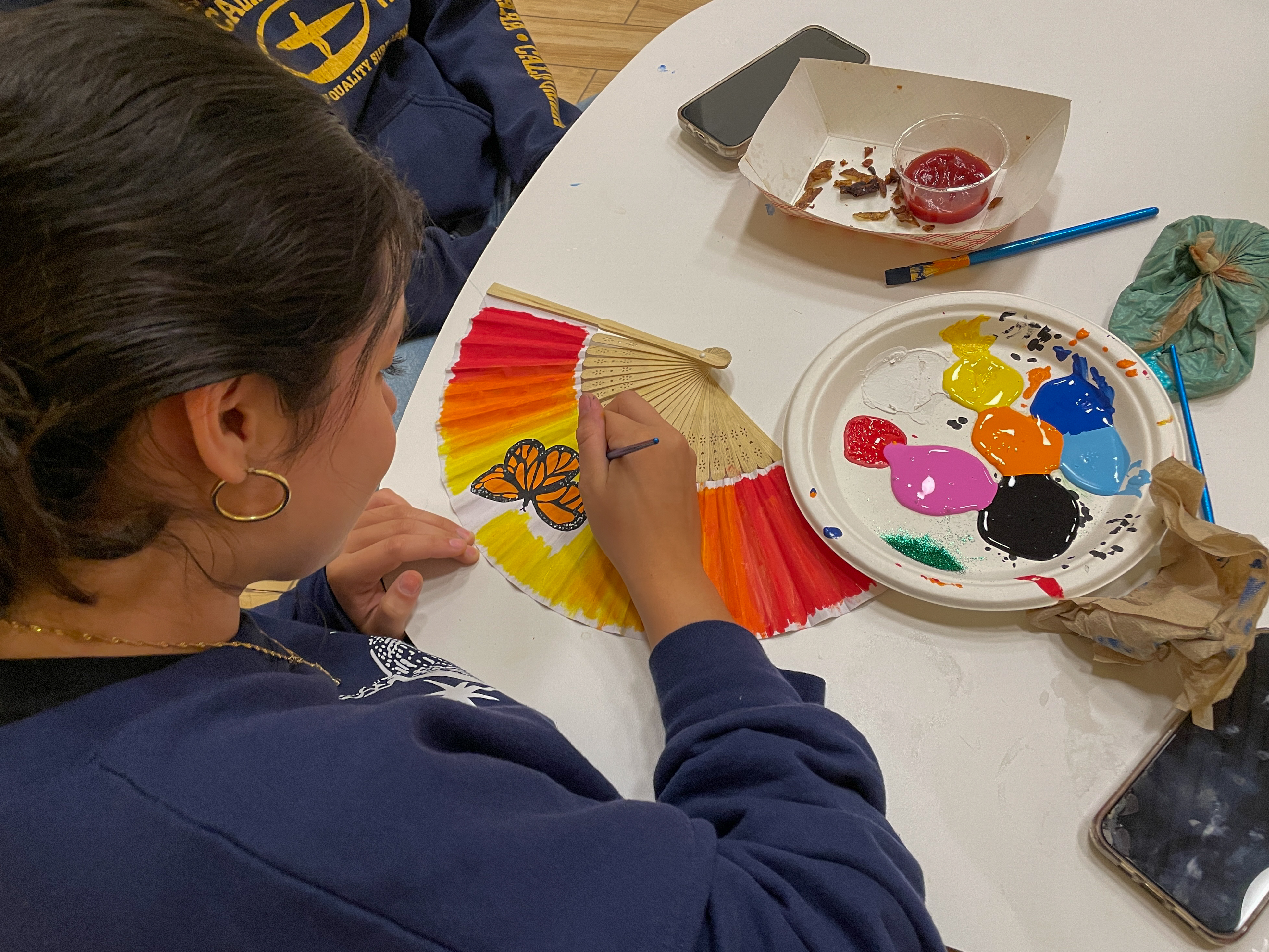The English Department will restructure the sixth form English curriculum for the 2017-2018 academic year.
Next year, Choate will allow seniors to choose between taking a year-long course, or 3 one-term classes. The year-long courses are Classical Tradition, The Humanities Course (formerly Humanities Sequence), Voices of Empire: Post-Colonial Literature, and Journalism and Nonfiction Storytelling. The one term courses offered are Reading and Writing Poetry; Staging the World: Shakespeare and the Renaissance; A World Apart: Contemporary World Fiction; Reality Meets Absurdity: Modern and Contemporary Drama; Reading and Writing Short Fiction; A Novel Idea: Big Books; Narrative Power and the Self: American Political Identities in Literature; From Swift to South Park: Satire — Literature of Protest and Change; and Pandora’s Box: Humanity and Machines.
The changes add more variety. This year’s seniors chose from three fall and winter English courses to fulfill their two terms of diploma requirements: British Literature, Comparative Literature, or The Classical Tradition. Seniors also had the option of selecting one of the 13 single term electives for the spring. Other members of the class of 2017 opted to enroll in two year-long courses: Romanticism, post modernism and the Journalism and Non-fiction story telling course.
Many of the new single term courses were inspired by pre-existing single term courses, but were broadened to incorporate more topics. Head of English Department Ms. Ellen Devine said, “The original names of the existing courses may have changed, and some have been replaced with things that are similar by spirit and content.”
Choate is currently undergoing a curriculum review in order to empower teachers and give students the ability to select courses they are interested in. English teacher Ms. Aguirre-Kelly said, “I feel like Choate has students always feeling that they are running out of time to take courses they are interested in because there are plenty of courses that you just need to take.”
She added, “We want to give students a little more power to chart their own academic course. I think in the vain of what the whole school is committing to, the English department wanted to get ahead of that and just give more options for students.”
Ms. Devine said, “The English department has opted to give students a greater variety of choices to choose from, so that students can be studying in an area of literature that they are most excited about.”
Ms. Aguirre commented, “I think what’s really nice about the change is that if students wanted to explore several different topics that aren’t linked in that way, they could do that.” She continued, “It gives kids a little more chance to play with their strengths, do something they like, or do something totally different. To test it out and to have a better sense of the English curriculum before college.”
Mpillo Norris ’18 “The change is a step in the right direction. One of the issues we have now with our course options is a lack of opportunities to take many electives. This helps with that.”
Senior English teacher Mr. David Loeb said, “We are imagining that some people would like to take full year courses, and some will take single term courses. But we are not sure whether one of them will be much more popular than another. It’s a mystery to us because we have never done it before.”
The English department was charged with the task of redesigning the curriculum. Ms. Aguirre spent last summer developing the single term elective Narrative Power and the Self: American Political Identities in Literature. Ms. Aguirre said, “A bunch of my colleagues spent the summer coming up with the different courses, so we have a bunch of really good, fresh material.” The English Department wants to construct a course that is in tune with college expectations and what Choate students want.
Ms. Devine said, “We want students to have the opportunity to choose the type of literature they are interested in studying, rather than being given a very limited set of choices. We are trying to expand that so that students can study and discover the thing they are most interested in.”




